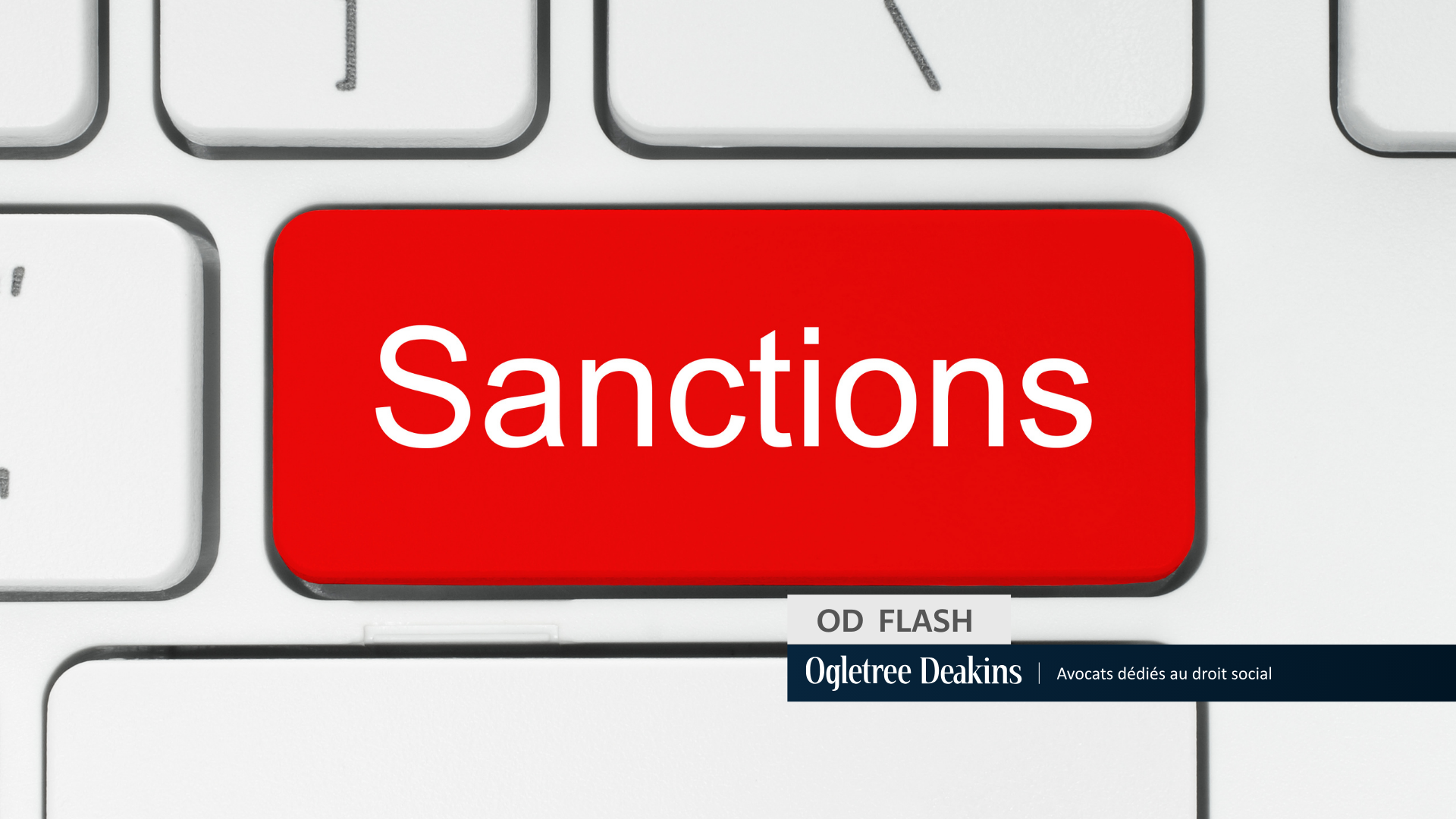Council of State, 4th – 1st Joint Chambers, April 4, 2025, No. 489866
In this case, an association was alerted to behavior potentially constituting moral harassment by an employee who was the Director of Services and protected against termination due to her position as a labor tribunal advisor. The employer placed the employee on paid leave from her duties during the course of an internal investigation which eventually confirmed the allegations against her. The employer notified her of a precautionary suspension and summoned her to a pre-dismissal meeting. After the meeting, the employer requested authorization from the labor inspectorate to proceed with her dismissal in light of her protection against termination.
The labor inspectorate granted this authorization, and this decision was upheld throughout the various appeals initiated by the employee. The employee then brought the matter before the Council of State, arguing that the disciplinary procedure leading to her dismissal was irregular.
On one hand, she claimed that the time between her suspension and the employer’s referral to the labor inspector was excessive. Article R. 2421-14 of the French Labor Code provides that the employer has eight days from the decision to suspend the employee to request authorization from the labor inspector. In this case, the deadline had been exceeded due to the employer’s internal investigation.
The Conseil d’Etat rejected this argument, ruling that the deadline is not mandatory under penalty of nullity. It is up to the administrative authority, when asked by the employer for authorization to dismiss a protected employee, to ensure that the time taken was as short as possible so as not to render the prior procedure irregular.
On the other hand, the employee argued that the initial placement on leave had exhausted the employer’s disciplinary power, making the subsequent precautionary suspension and dismissal unlawful. The Supreme Court has indeed ruled that if a suspension is considered a disciplinary sanction, the employer is deemed to have exhausted its disciplinary authority and cannot impose any further sanction (Supreme Court., Feb. 13, 2008, no. 06-42.969).
The Conseil d’Etat also rejected this argument, clarifying that the employer may, while awaiting a possible disciplinary procedure, take appropriate interim measures to protect the interests of the organization, other employees, and users. Such measures may include placing the employee on paid leave, if it does not, without the employee’s consent, lead to a lasting modification of their employment contract.
As the employee’s placement on paid leave did not deprive her of income, it could not be considered a precautionary suspension. The Conseil d’Etat thus accepted that, since it was followed shortly afterward by an actual precautionary suspension and was solely intended to allow the internal investigation to proceed properly, a preventive interim measure could be taken against an employee pending a potential disciplinary procedure.



